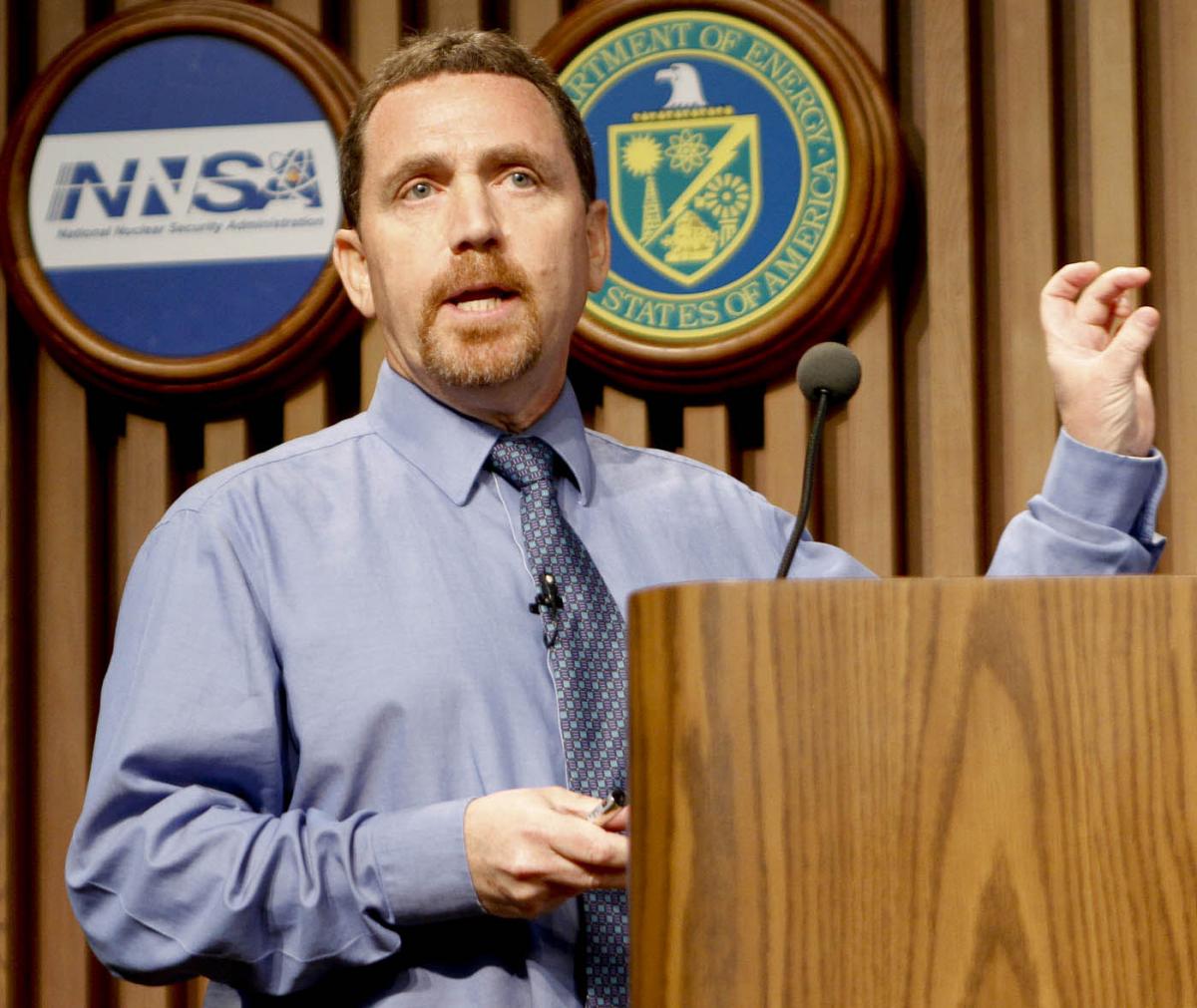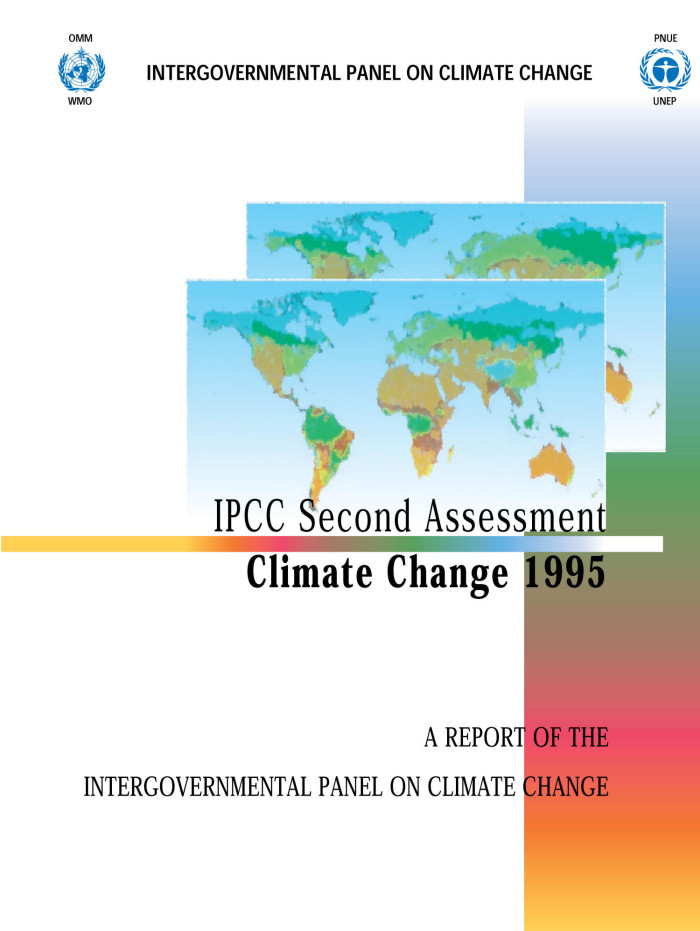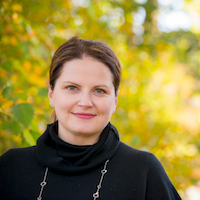 As reported last week by Glenn Branch, NCSE board member Ben Santer was on Late Night with Seth Meyers this past Wednesday. If you haven’t watched it yet, please do so now—you won’t regret it. If nothing else, it’ll make you feel a little bit better about the world knowing that a major network talk show had on a climate scientist—not a famous science personality à la Bill Nye or Neil deGrasse Tyson—but a regular (albeit genius [no, really]) scientist to talk about climate change. How Santer came to be on Late Night is a pretty great story in and of itself.
As reported last week by Glenn Branch, NCSE board member Ben Santer was on Late Night with Seth Meyers this past Wednesday. If you haven’t watched it yet, please do so now—you won’t regret it. If nothing else, it’ll make you feel a little bit better about the world knowing that a major network talk show had on a climate scientist—not a famous science personality à la Bill Nye or Neil deGrasse Tyson—but a regular (albeit genius [no, really]) scientist to talk about climate change. How Santer came to be on Late Night is a pretty great story in and of itself.
Back in December 2016, the Los Angeles Times ran an article entitled “Can a Federal Government Scientist in California Convince Trump that Climate Change is Real?” Toward the end, after noting that Santer feels ill at ease speaking out in public, the author, Chris Megerian, writes:
But instead of retreating [after repeated attacks by industry-backed groups], Santer decided to speak out more, viewing that as part of his responsibility as a climate scientist. He said he tailored a research paper to combat attempts by Sen. Ted Cruz (R-Texas) to cast doubt on whether the planet was significantly warming.
Santer knows the playing field is uneven. While his research gets published in scientific journals, politicians are invited on popular late-night shows, like when Cruz chatted about climate change with Seth Meyers in March 2015.
“I would love to have set the record straight on Late Night with Seth Meyers,” Santer deadpanned.
At this, my eyes widened. Perhaps I could use my connections (my brother and Meyers are friends) to get Santer on the show? My brother happily agreed to reach out to Late Night, but it turned out that they had seen the article too, and had already booked Santer.
I got a chance to relay this funny story when I got on the phone in February to interview Santer for the spring issue of RNCSE, due out in April. He told me how he hoped to “restore balance to the force” by going on Late Night and how grateful he was for the opportunity. In part of our conversation that didn’t make it into the final RNCSE piece, we talked about Senator Cruz’s March 2015 appearance on Late Night, and how he repeated the “no significant warming” claim in an interview on NPR with Steve Inskeep that December. In that exchange, Cruz not only once again confidently and incorrectly claimed that satellite data showed no significant warming for the last 18 years, but he also suggested that acting to mitigate climate change would be detrimental to “the single mom waiting tables right now … [because] Washington elites are trying to do is double her energy bill.”
 Cruz’s suggestion that action on climate change would somehow make things more difficult for single mothers haunted Santer. He recalled the line almost perfectly from memory. Cruz’s implication that scientists were lying, and regular people were going to be hurt by those lies, was infuriating. So what could Santer do? Well, there was one thing he could do better than just about anyone else in the world—he could prove that Cruz was wrong about the science.
Cruz’s suggestion that action on climate change would somehow make things more difficult for single mothers haunted Santer. He recalled the line almost perfectly from memory. Cruz’s implication that scientists were lying, and regular people were going to be hurt by those lies, was infuriating. So what could Santer do? Well, there was one thing he could do better than just about anyone else in the world—he could prove that Cruz was wrong about the science.
As he relayed on Late Night, Cruz had laid out the “testable claim” that satellite data showed no warming. So Santer and his colleagues went ahead and tested it. “We looked at all the satellite data in the world, from all groups," Santer told Meyers, “and we wanted to see was he right or not, and he was wrong...More importantly, if you look at the entire record, it shows strong evidence of the human effect on climate.”
When I asked Santer about this work, he admitted that he enjoys taking research trips down “alternative rabbit holes.” He told me that it’s satisfying to be able to tell people, “We’ve looked at all of these alternative explanations and hypotheses” and that it’s important for the public to understand that “We don’t engage in science by eminent position. We don’t dismiss those alternate hypotheses out of hand. Many of us spend our careers looking at whether those hypotheses fit the bill—they don’t.”
When Santer travels to the European Geophysical Union meeting in Vienna this April to present the “Cruz stuff” as he called it, it will be the first time that he’ll have to get his travel approved by the new administration. In his twenty-five years at Lawrence Livermore, Santer has never had his requests for international travel denied. This first request will be a “test case,” which Santer characterized as “ kind of like a sensitivity test. With climate models, you perform sensitivity tests; this is some kind of human sensitivity test.” Adding, “it will be interesting to see how that test case goes.”
Santer described the general feeling around the lab (now overseen by Rick Perry) these days as “concerning,” which seemed like an understatement. At the end of our talk, I asked what he’d say to a person who comes in his office and says, “I thought I’d be able to stick with it, but it just doesn’t seem worth working on research that so many people in power seem hell-bent to discredit and ignore.” Here is Santer’s extraordinary answer:
I would tell them that the work they are doing really, really matters and that it is more important now than at any time in the history of the planet. Humanity is at some kind of crossroads. We have to make a decision—not only in the US, but across the planet—what to do with emissions of greenhouse gases and how to produce energy going forward into the twenty-first century. The work that we do—which gives us information about the magnitude of the problem, the size of the global-scale changes that are currently happening in the climate system, and the causes of those changes—that work is essential. It is vital to making informed decisions about what to do about the challenges we face.
And I would tell them that the measure of the importance of the work is the criticism that it receives. If nobody cares about what you do, you don’t get pushback. But if people really, really care about the work that you do, then there will be people who will allege all kinds of things about you, about your findings, about your motives, and about your integrity. But that’s a sign that this stuff really does matter.
And if you don’t do it, if you walk away, and say this is too difficult, then there is a chance that it won’t get done, and a chance that we won’t have the good scientific understanding that we need to make wise decisions on what to do about all of this. So I'd ask them: What do you want to do?
I'm not a climate scientist, or indeed any kind of research scientist anymore, but I feel pretty confident saying that if I was—and if I was feeling doubtful about whether what I was doing mattered—Santer's words would get me back into the ring.
I’ll have more from my interview in future blog posts and in the next issue of RNCSE this April. Join NCSE now and to get the issue in your mailbox!

